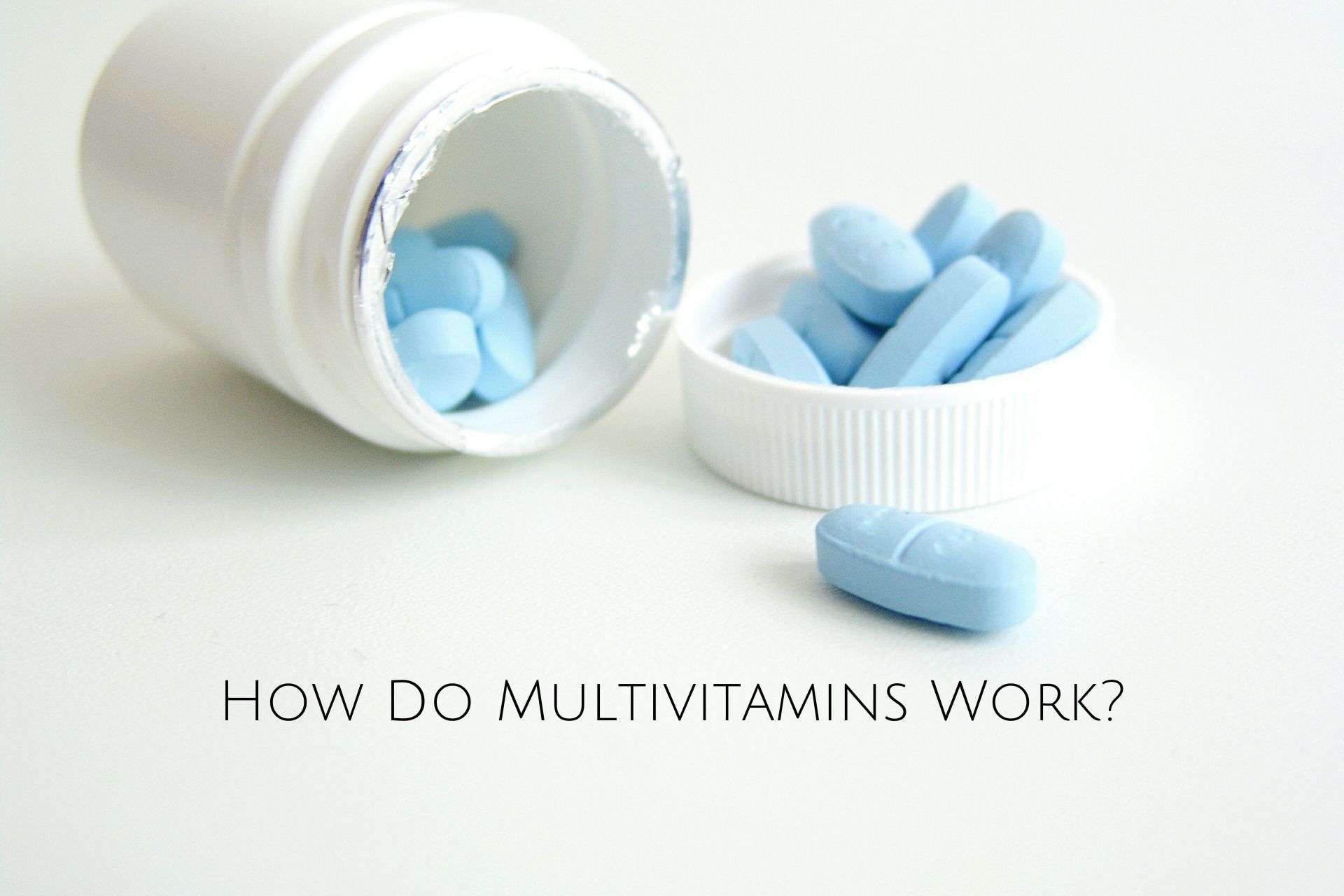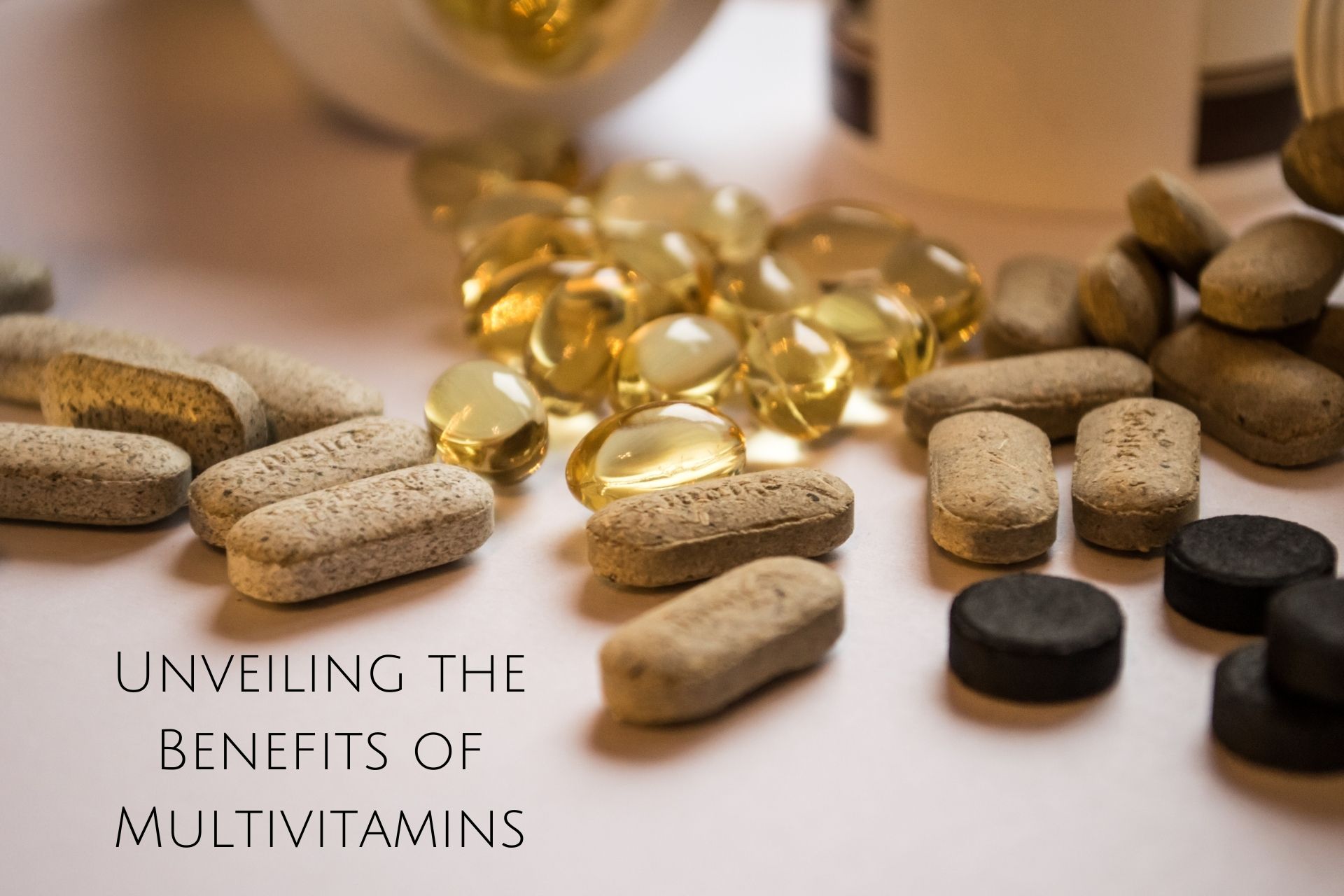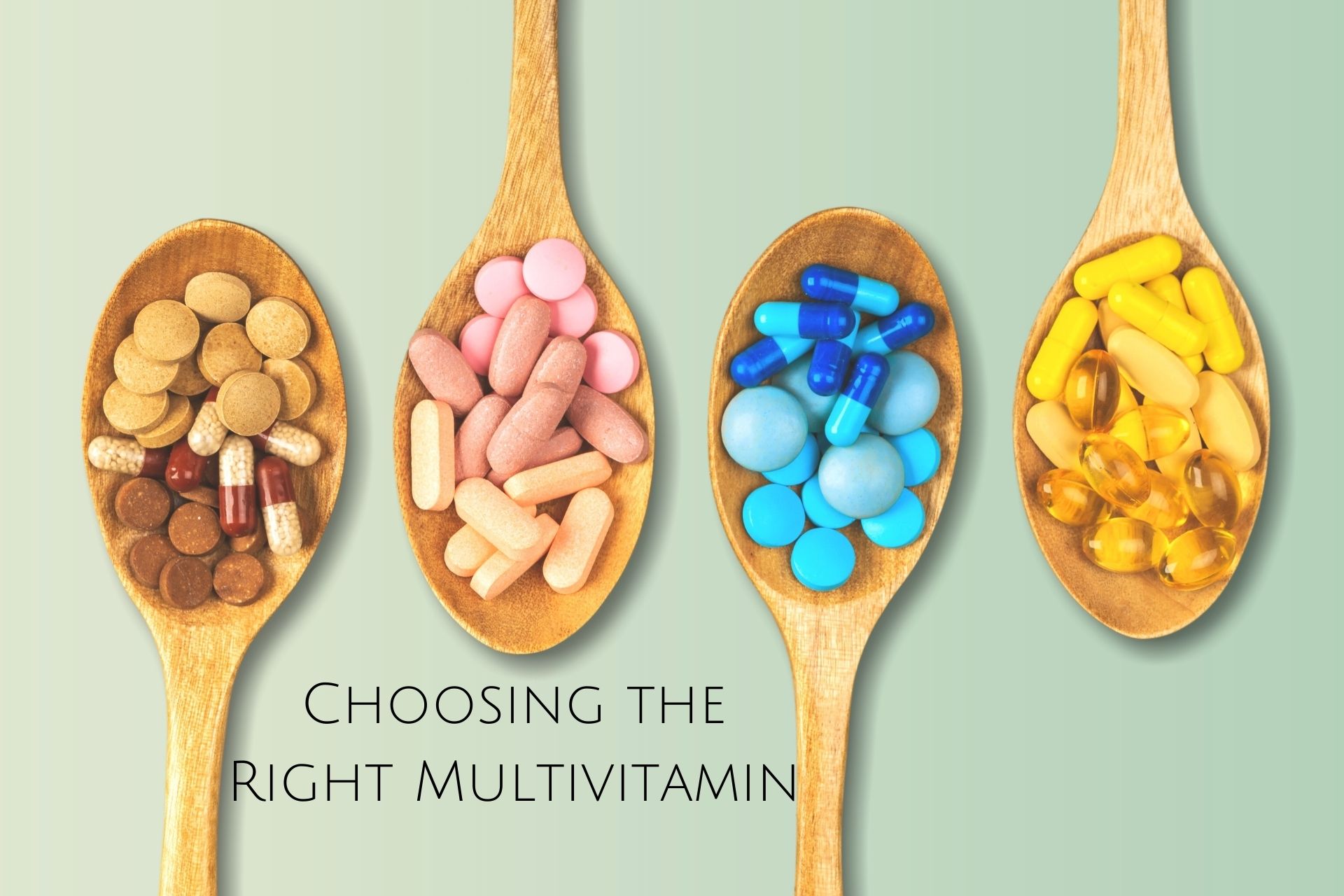The Science Behind Multivitamins: How Do They Work and What Are the Benefits?
In the dynamic world of human health, multivitamins have long held a prominent position, touted as nutritional powerhouses capable of addressing a myriad of health concerns. But have you ever wondered how these seemingly simple supplements work their magic? What are the scientific underpinnings behind their purported benefits? Let's delve into the science of multivitamins and uncover the secrets of their nutritional prowess.
Essential Nutrients: The Building Blocks of Health

Our bodies require a symphony of essential nutrients, including vitamins and minerals, to function optimally. These micronutrients play crucial roles in various bodily processes, from energy production and cell growth to immune system function and overall well-being.
Multivitamins: Filling the Nutritional Gap

Multivitamins step in to fill these nutritional gaps, providing a concentrated dose of essential vitamins and minerals in a convenient and accessible form. These supplements aim to ensure that our bodies receive the micronutrients they need to support various bodily functions and promote overall health.
How Do Multivitamins Work?

The mechanisms by which multivitamins exert their beneficial effects are multifaceted and complex. Here are some key ways multivitamins can impact your health:
Addressing Nutrient Deficiencies:

Multivitamins can help prevent or correct nutrient deficiencies, ensuring that your body has the essential micronutrients it needs to function properly.
Enhancing Enzyme Function:

Vitamins and minerals play critical roles as cofactors in enzyme reactions, allowing these essential molecules to carry out their vital functions.
Supporting Immune Function:

Certain vitamins and minerals, such as vitamin C and zinc, are crucial for maintaining a strong immune system, helping the body combat infections and illnesses.
Promoting Cellular Health:

Antioxidants, such as vitamin E and vitamin C, found in multivitamins can help protect cells from damage caused by free radicals, promoting overall cellular health.
Unveiling the Benefits of Multivitamins

The potential benefits of multivitamins are numerous and far-reaching. Here are some of the key health advantages associated with multivitamin supplementation:
Reduced Risk of Chronic Diseases:

Multivitamin use may be associated with a lower risk of developing chronic diseases such as heart disease, stroke, and certain types of cancer.
Enhanced Cognitive Function:

Studies suggest that multivitamins may improve cognitive function, particularly in older adults, by supporting memory, attention, and overall mental sharpness.
Boosted Immune System:

Multivitamins can help strengthen the immune system, reducing the risk of infections and illnesses.
Improved Skin Health:

Multivitamins may contribute to healthier skin by supporting collagen production, reducing inflammation, and protecting cells from oxidative damage.
Enhanced Energy Levels:

Multivitamins can help combat fatigue and boost energy levels by ensuring that the body has the necessary nutrients for cellular energy production.
Help to fill in nutritional gaps:

If your diet is not providing you with all of the nutrients you need, multivitamins can help to fill in the gaps.
Choosing the Right Multivitamin

Choosing the right multivitamin can be a daunting task, given the vast array of options available on the market. To make an informed decision, consider the following factors:
Age and Gender: Multivitamins are often formulated to meet the specific needs of different age groups and genders. For instance, women's multivitamins typically contain higher amounts of iron and folic acid, while men's multivitamins may focus on prostate health.
Individual Health Conditions: If you have any underlying health conditions, such as heart disease, osteoporosis, or diabetes, consult with your healthcare provider to determine if a specific multivitamin formula is appropriate for you.
Ingredient Quality and Form: Look for multivitamins that use high-quality, bioavailable forms of nutrients. Avoid synthetic ingredients and additives whenever possible.
Daily Value (DV): The DV indicates the recommended daily intake of a nutrient. Choose a multivitamin that provides at least 100% of the DV for most nutrients, unless otherwise advised by your doctor.
Third-Party Certification: Opt for multivitamins that have been independently tested and certified by organizations like USP or NSF International, ensuring purity and potency.
Dosage and Timing: Follow the recommended dosage instructions on the label. Generally, it's best to take multivitamins with breakfast or another meal to enhance absorption.
Dietary Considerations: If you have any dietary restrictions, such as vegetarian or vegan, ensure the multivitamin doesn't contain any animal-derived ingredients.
Cost: Multivitamins range in price depending on the brand, quality, and ingredient formula.
Consult Your Doctor: Before starting any new supplement, including multivitamins, consult with your healthcare provider to discuss potential interactions with medications or pre-existing health conditions.
Remember, multivitamins are not a substitute for a healthy diet and lifestyle. Prioritize consuming whole, nutrient-rich foods, and engage in regular physical activity for optimal health.
Considerations when taking Multivitamins:

Not for everyone: If you are already getting enough nutrients from your diet, you may not need to take a multivitamin.
Talk to your doctor: Before taking a multivitamin, talk to your doctor to make sure it is safe for you and will not interact with any medications you are taking.
Not a substitute for a healthy diet: Multivitamins should not be used as a substitute for a healthy diet. It is important to eat a variety of nutritious foods to get all of the nutrients you need.
Conclusion:

Multivitamins – A Valuable Addition to a Healthy Lifestyle
While multivitamins are not a magic bullet for health, they can play a valuable role in supporting overall well-being. By addressing nutrient deficiencies, enhancing enzyme function, and promoting cellular health, multivitamins can contribute to a healthier, more vibrant life. When combined with a balanced diet and healthy lifestyle habits, multivitamins can be a valuable tool in your journey towards optimal health.
Recent Posts
-
The Functional Food Revolution: How Nutraceutical Snacks Are Changing the Future of Health
Introduction: The global snacking landscape is undergoing a profound transformation. Gone are the da
-
The New Generation of Indian Skincare: Bridging Ayurveda and Dermatological Science
Introduction: For millennia, Indian royalty relied on Kumkumadi Taila—the legendary saffron-infused
-
Red Nails vs Pink Nails: Which Looks More Romantic for Valentine’s Day?
Introduction: Valentine's Day approaches, and with it comes the timeless question: red nails or pink





